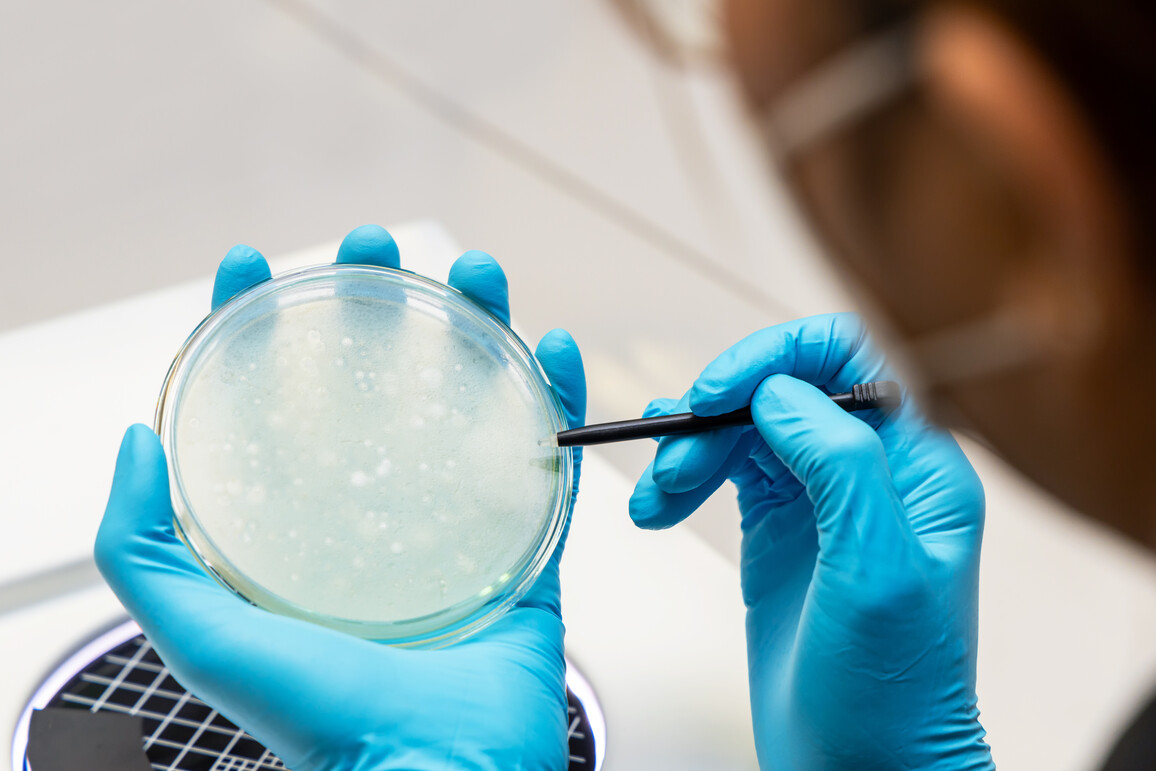Diagnosis and treatment of invasive fungal infections with monoclonal antibodies : Date:
Julius-Maximilians University of Würzburg – Dr. Daniela Langenhorst
Recipient: Julius-Maximilians University of Würzburg
Funding: GO-Bio initial conceptual phase 4 (01/10/2023 to 30/09/2024, EUR 117,447.60 Euro)
Project description:
The WHO recently declared the Candida albicans yeast and the Aspergillus fumigatus mould a threat. People with weakened immune systems particularly have a greatly increased risk of developing a life-threatening invasive fungal infection. Due to the difficult diagnosis and the limited spectrum of anti-fungal drugs, many patients have died up until this point.
Current research shows that the fungi secrete proteins to evade the human immune system (immune evasion proteins). This allows the fungus to grow aggressively. However, no anti-fungal medication is currently available here. This project will therefore develop new biologics against these proteins, which have already shown positive effects in animal models. Other data also suggests efficacy in humans.
The aim of the project is to further develop the new biologics into an efficient diagnostic and effective anti-fungal drug. The prognosis of patients with invasive fungal infections is to be improved through improved diagnostics and therapy with significantly fewer side effects than is currently possible. In order to sharpen the exploitation perspective market, property rights and competition analyses are to be carried out in this project and the team will be enlarged.
